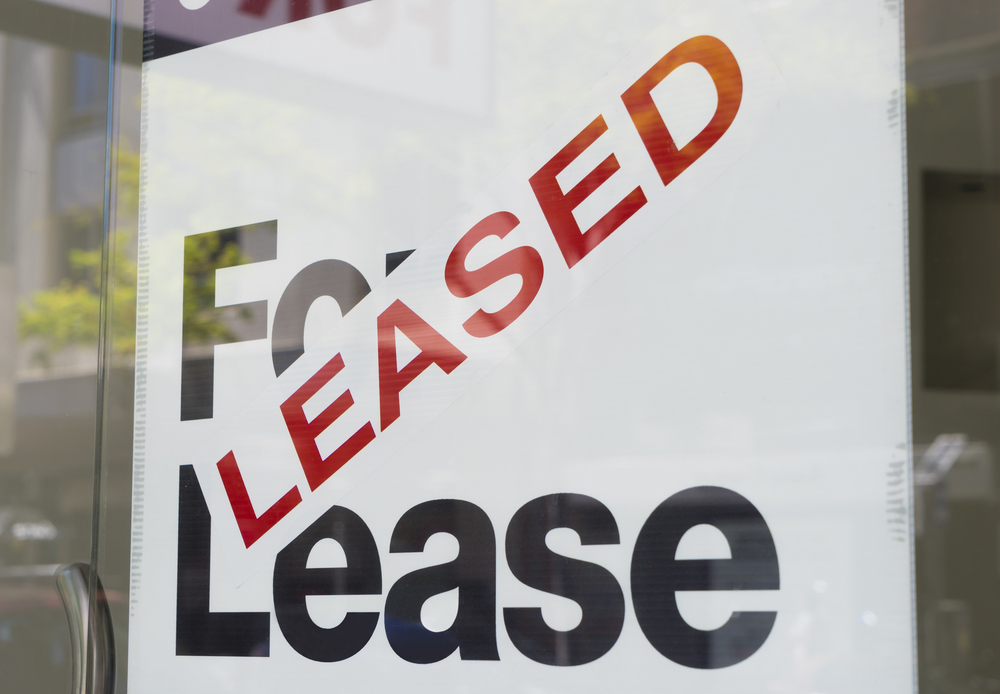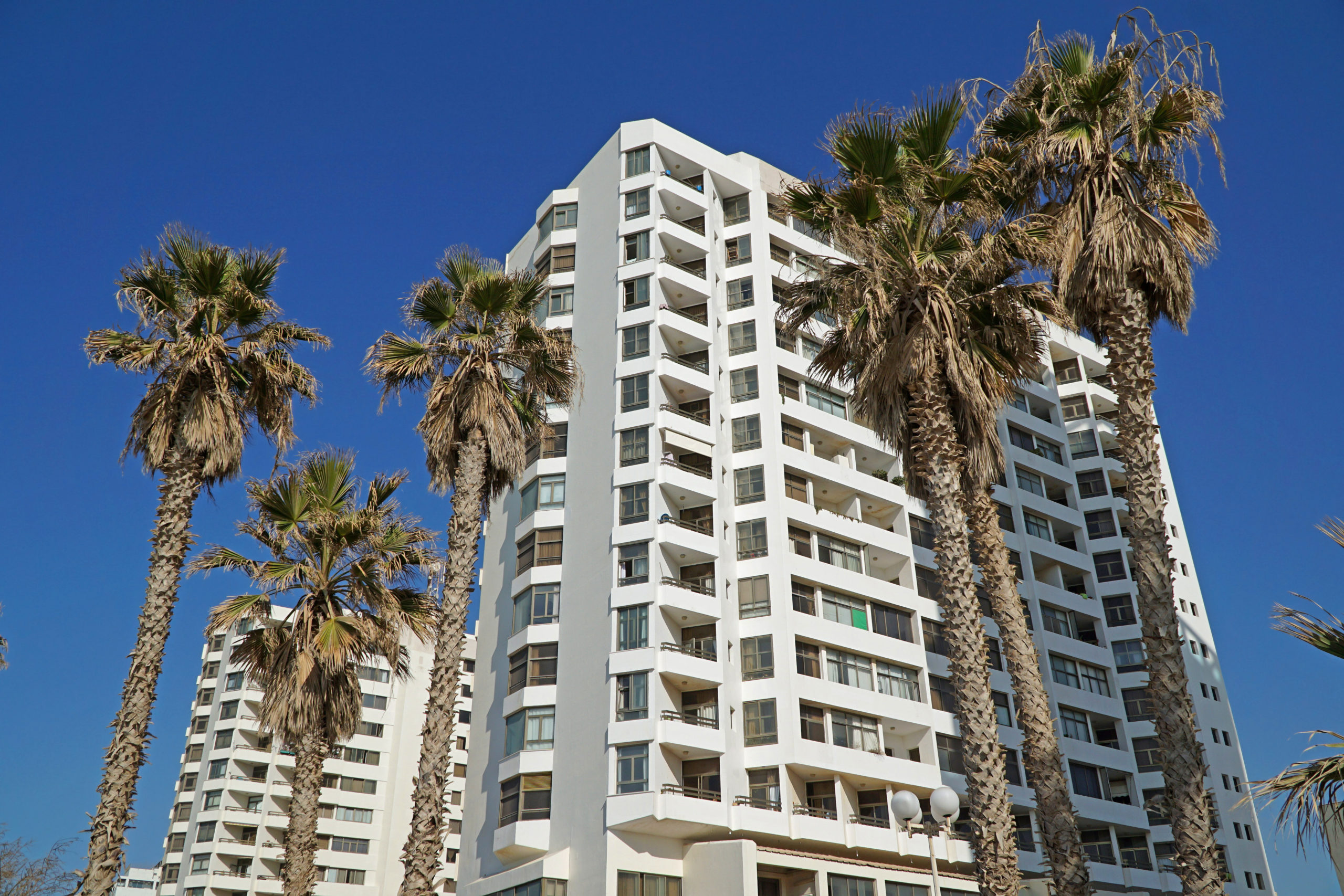
Pop-Up Leasing is Good for Everyone
As Halloween approaches, we have all probably noticed a number of pop-up Halloween costume and party shops opening around town. As soon as they close, the Christmas stores will take their place. Holiday and other pop-ups have become very popular in the retail landscape over the last decade or so. For both landlords and tenants, they are a good way to test the market for new products/tenants, in new locations. For landlords, pop-ups help to increase foot traffic in shopping centers. Tenants can test new concepts while landlords can test new tenants, both without long-term commitments or risk.
Pop-ups are not limited to specialty holiday stores. Political campaigns in election season are big users of pop-up leases, as are new restaurants and online retailers looking to off-load excess inventory. New businesses that test concepts often become successful long-term tenants in larger spaces after initially signing a pop-up lease.
Pop-up leases differ from ordinary retail leases and both landlords and tenants have different considerations when thinking about pop-up arrangements such as:
- Term – These are short term arrangements. Many landlords prefer to enter license agreements instead of short term leases. A license is a temporary right to use/occupy space and is revocable. The specific rights and obligations of the parties still need to be outlined in a license, but the terms of a license are less comprehensive than a lease. A writ of ejectment is the method to remove a defaulting licensee rather than eviction.
- Rent – Because of the short term, landlords generally prefer gross rent, rather than triple net. The cost and time to calculate and audit CAM for a short term tenant is very high. Landlords should carefully calculate CAM in setting the gross rent in order to capture all costs of the tenancy of the pop-up tenant.
- “Go Dark” Provisions – Due to the short term and seasonal nature of pop-up tenancies, these provisions are not generally a concern.
- Percentage Rent – Again, this is not usually considered. Landlord’s tradeoff is a higher base rent.
- Remedies – Landlords usually accept limited remedies. However, landlords should require sufficient security deposit and personal guaranties. Prepaid rent is another good idea.
- Condition of Premises – “As Is”? Great for landlord. Not so much for tenant. No tenant will accept the cost to bring the premises into code or ADA compliance. The landlord is going to have to do this. But the tenant will have to accept the responsibility for any costs to fit the premises for its own use and to obtain business use permits or other municipal approvals.
- Maintenance – Landlord will likely be responsible for maintenance that it wouldn’t ordinarily be liable for in a normal retail lease, such as HVAC and plumbing.
Pop-up retail leasing will continue to grow as the state of retail leasing remains in flux. As landlords address reconfiguration and repurposing caused by store closings, pop-ups will be a temporary fix. However, the tenants will be around for a long time after landlords solve their long-term issues and there will probably always be space for them.




No Comments